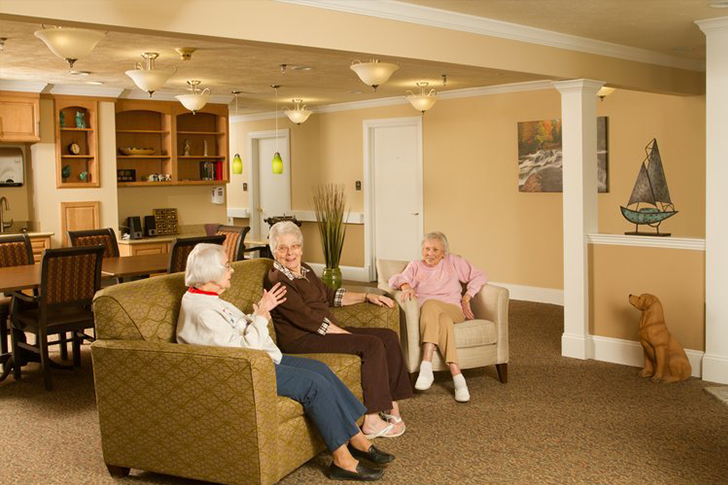How Seniors Can Live In Budget-Friendly Homes: A Detailed Guide
Apartment living can provide a convenient, safe, and social environment for seniors, but the expense often poses a significant barrier. As life changes with age, the need for accessible, affordable housing becomes a priority for many older adults and their families. Here is an informative guide on how to secure an affordable apartment tailored to the needs of seniors.

Understand the Costs Involved
Before starting your search, it’s crucial to understand the typical costs associated with senior living. According to the U.S. Department of Housing and Urban Development (HUD), households should spend no more than 30% of their income on housing. This rule is vital for seniors, who often live on fixed incomes from sources like pensions, Social Security, or savings. Knowing this threshold helps in identifying what “affordable” means in your specific financial context.
Navigating Government Assistance Programs
A key resource for finding affordable senior housing is government assistance:
1. **Section 202 Supportive Housing for the Elderly**: This program provides federal funding to create and support apartments specifically for seniors that offer a reduced rent. It often includes amenities and services like cleaning, cooking, and transportation tailored to senior living.
2. **HUD Public Housing Program**: This helps eligible low-income individuals, including seniors, to secure affordable rental housing. Public housing comes in various forms, including apartments and single-family homes, managed by local housing agencies.
3. **Housing Choice Voucher Program (Section 8)**: Seniors can apply for Section 8 vouchers, which cover a part of the monthly rent and utilities. This program is flexible, allowing recipients to choose where they live, provided the housing meets program requirements.
To apply for these programs, contact your local Public Housing Agency (PHA). Be aware that there’s often a waitlist, so it’s advised to apply as early as possible.
Consider Low-Income Senior Apartments
Many private complexes offer low-income senior apartments at reduced rates. Pricing models vary significantly, but they generally adhere to the guideline that tenants should not pay more than 30% of their monthly income on rent. Such complexes might also include utilities in the rent, which can further reduce monthly expenses.
Explore Non-Profit Organizations
Several non-profit organizations work to provide affordable housing options for seniors. For example, the National Council on Aging and local community organizations can offer guidance and potentially identify subsidies or income-based housing opportunities that are not widely advertised.
Location and Timing Matter
The cost of living can vary dramatically from one region to another. In general, urban areas tend to have higher costs than rural areas but may offer more specialized senior services and health care options. Additionally, when searching for housing, consider the timing. Housing availability often fluctuates throughout the year. Typically, winter months see less movement, which can mean better deals or more negotiating power.
Look Into Co-Housing or Shared Housing
An increasingly popular option for seniors is co-housing, where individuals or small groups share living space but maintain private rooms. This arrangement can drastically cut living expenses while providing companionship and shared responsibilities.
Tap into Local Resources
Never underestimate local resources like Area Agencies on Aging, which can provide counseling on housing options and are often aware of local discounts, transportation services, health care, and more that make a living area better suited to senior living.
Utilize Online Tools and Senior Housing Locators
Websites like HUD’s locator, AARP’s housing locator, and other dedicated senior housing resources can offer searchable databases of affordable options. Always ensure to follow up with direct contact to confirm details and availability.
The Power of Negotiation
Even in less formal arrangements, don’t be afraid to negotiate. Landlords are sometimes willing to lower rent if you sign a longer lease or can offer upfront payments.
As life progresses, so does the necessity for housing that accommodates the financial and physical needs of seniors. With the right information and resources, finding affordable housing that supports a quality lifestyle is achievable.







Recent Comments